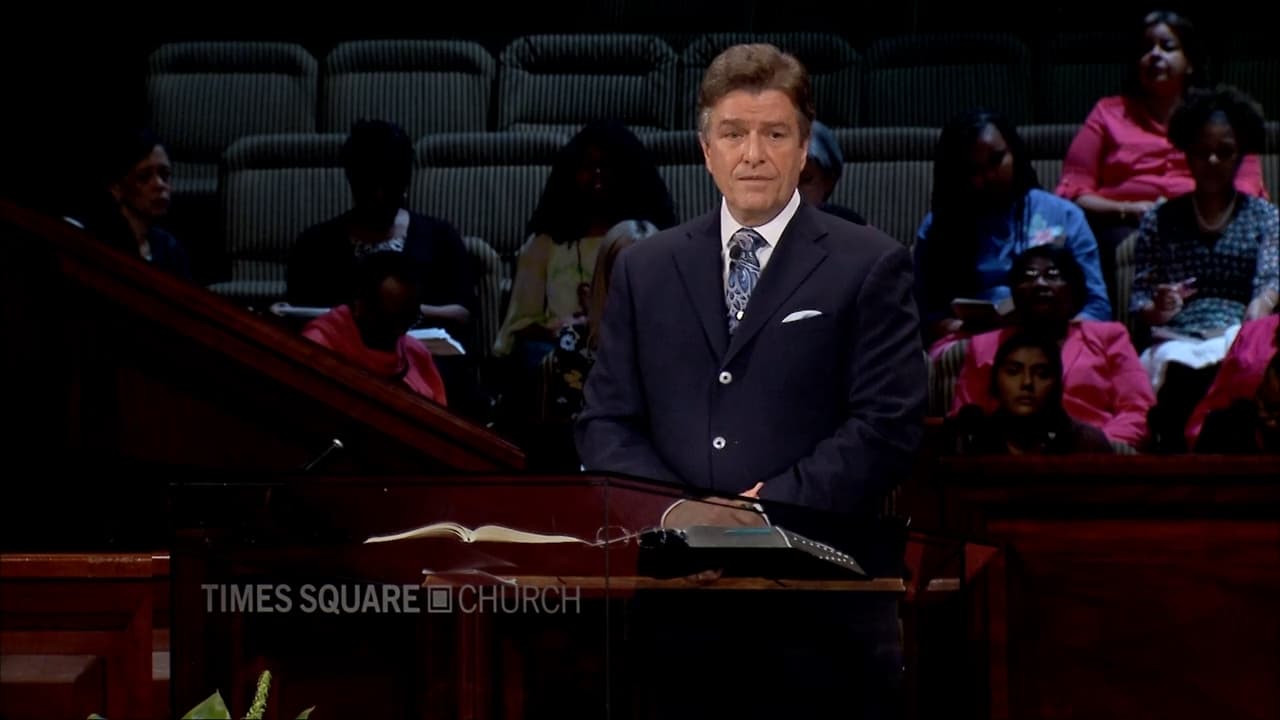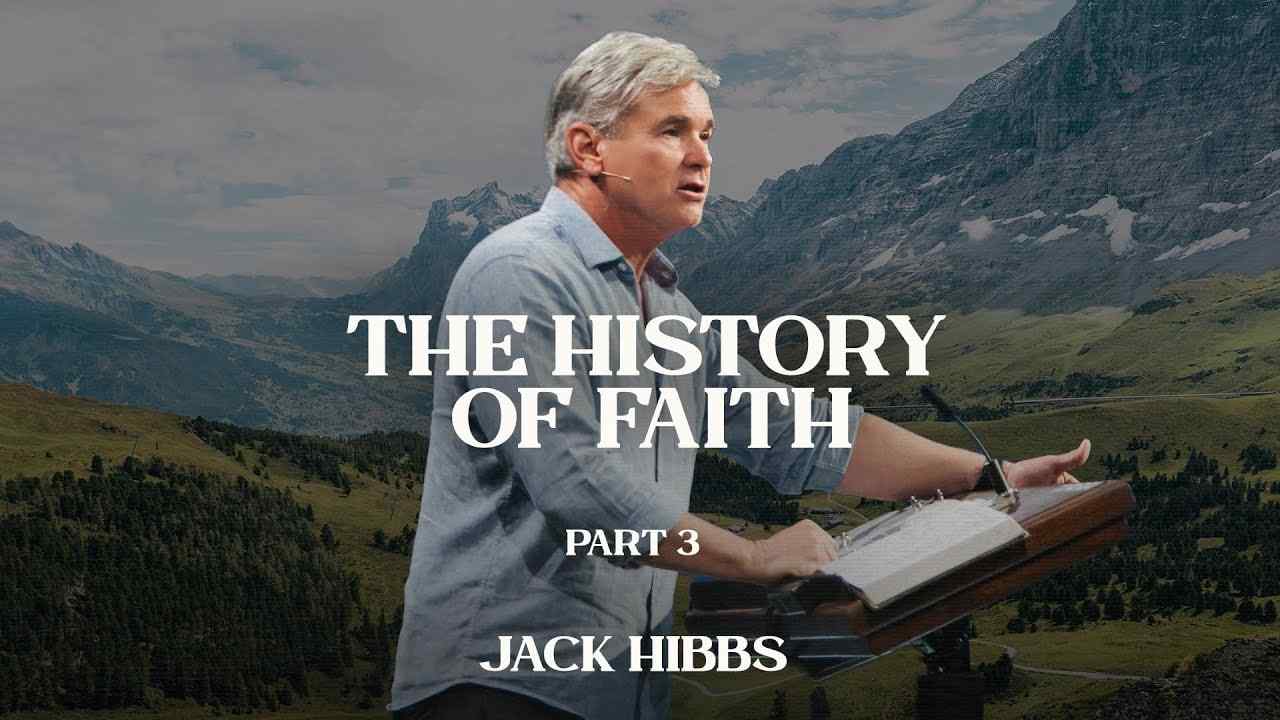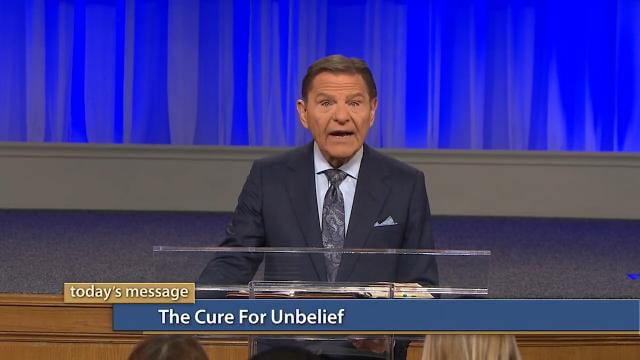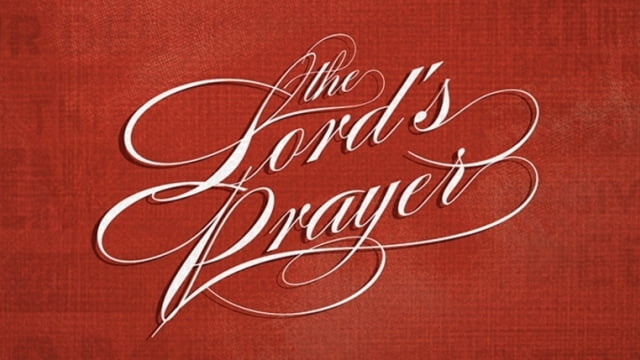Charles Stanley - Our Faith On Trial
“Take your son, your only son whom you love—Isaac—and […] sacrifice him” (Genesis 22:2 NIV).
So began the hardest trial of Abraham’s life. Imagine you were in his shoes: could you trust God and obey Him? In this message, Dr. Stanley assures us that obeying God, even when we’re afraid of the outcome, is always our best option. Like He did with Abraham, God will test our faith—never to break us, but to strengthen us.
When we’re facing a difficult decision or situation, it’s important that we distinguish between a trial and a temptation. God allows trials in our lives to purify and strengthen us in our faith and Christian life. But temptations come to entice, pollute, and weaken us. As believers, we’re going to face both temptations and trials of different kinds and sizes and on various occasions in our lives. These are times when our faith is on trial.
Abraham had walked with God many years through all sorts of trouble and hardship. He’d made mistakes along the way when he gave in to fear, but he’d also demonstrated his faith by obeying the Lord. He had seen God’s faithfulness to keep His promise to give him a son, even though it seemed impossible. When Sarah was ninety and Abraham was one hundred, the promised son Isaac was born. It was through this son’s lineage that all the other promises God had made to Abraham would be fulfilled.
The Lord tested Abraham’s faith. — Having received the promised son, Abraham was told by God to do something that was not only shocking but also seemed to contradict His future promises: “Take now your son, your only son, whom you love, Isaac, and go to the land of Moriah, and offer him there as a burnt offering on one of the mountains of which I will tell you” (Gen. 22:2).
It had taken so long for Abraham to receive this son, and now God was telling him to sacrifice him, yet Abraham responded in obedience. “So Abraham rose early in the morning and saddled his donkey, and took two of his young men with him and Isaac his son; and he split wood for the burnt offering, and arose and went to the place of which God had told him” (Gen. 22:3).
There was probably a conflict in Abraham’s mind as he tried to reconcile this command with God’s previous promises: “I will make you a great nation, and I will bless you, and make your name great; and so you shall be a blessing; and I will bless those who bless you, and the one who curses you I will curse. And in you all the families of the earth shall be blessed” (Gen. 12:2-3). How could all this come to pass if Isaac was dead? He was not only important to Abraham but to the fulfillment of God’s promises.
Yet the Lord made it very clear that He was calling Abraham to sacrifice Isaac, his only son. Although Abraham had another son through Hagar, Sarah’s Egyptian maid, God had chosen Isaac as the son through whom all His promises would be fulfilled and through whom Jesus the Messiah would be born. In this regard, he was Abraham’s only son, and the one whom he loved.
Our lack of understanding of why God tells us to do something is never an acceptable excuse for not doing it. — He loves us and has a plan and purpose for our lives. Even though we may want a better understanding of how everything will work out, God doesn’t owe us further explanations. Obedience means we do what He says, when He says, whether we understand it or not.
Abraham is a perfect example of this. Although he didn’t understand why God asked him to sacrifice Isaac, he did exactly what the Lord told him. Abraham’s words in Genesis 22:4-5 reveal how he thought God would keep His promise: “On the third day Abraham raised his eyes and saw the place from a distance. Abraham said to his young men, ‘Stay here with the donkey, and I and the lad will go over there; and we will worship and return to you.’” The Hebrew meaning is that both he and Isaac would worship, and both of them would return. Abraham’s faith in God was so strong that he reasoned that if He asked him to sacrifice Isaac, He would then raise him to life in order to fulfill His promises (Heb. 11:17-19).
There is just as much power and authority behind God’s promises to us as there was to Abraham. — The Lord knows what He wants to do in our lives, how He’s equipped us, and where He wants us to go. We are not to argue, but to trust Him. Trusting God begins with obedience in the small things He tells us to do. Then, when the larger challenges come, we’ll already be in the habit of obeying Him. Obedience depends on whether we believe that God is omniscient, knowing all things; omnipotent, having all power; and omnipresent, being present everywhere. To refuse to obey is equivalent to denying that He knows what is best for us, has the power to accomplish it, and will be with us through it.
Even though God’s command was confusing, difficult to obey, and not at all what Abraham wanted, he never argued with the Lord. “Abraham took the wood of the burnt offering and laid it on Isaac his son, and he took in his hand the fire and the knife. So the two of them walked on together” (Gen. 2:6). When Isaac commented that they only had the wood and fire for the burnt offering but not the lamb, Abraham said, “God will provide for Himself the lamb for the burnt offering, my son” (v. 8).
Abraham is proven faithful. — There is no scriptural evidence that Isaac resisted God’s command. It simply says when they reached their destination, Abraham built the altar, arranged the wood, bound Isaac, and laid him on the altar (v. 9). But as Abraham raised the knife, the angel of the Lord stopped him, saying, “Now I know that you fear God, since you have not withheld your son, your only son, from Me” (v. 12). Then the Lord provided a ram that was caught in a thicket for the sacrifice and reiterated His promises and blessings to Abraham. Because he believed and obeyed God, Abraham with his faith passed the test.
Abraham’s story teaches us that we will never lose by obeying God. Although He won’t ask us to literally sacrifice anyone, He will ask us to release people, things, or dreams we hold dear in order to faithfully obey Him. Although we may think that the only way to keep what we value is to hold it tightly, we’ll discover, like Abraham did, that blessings always follow obedience.
Our Partners
sermons.love






















